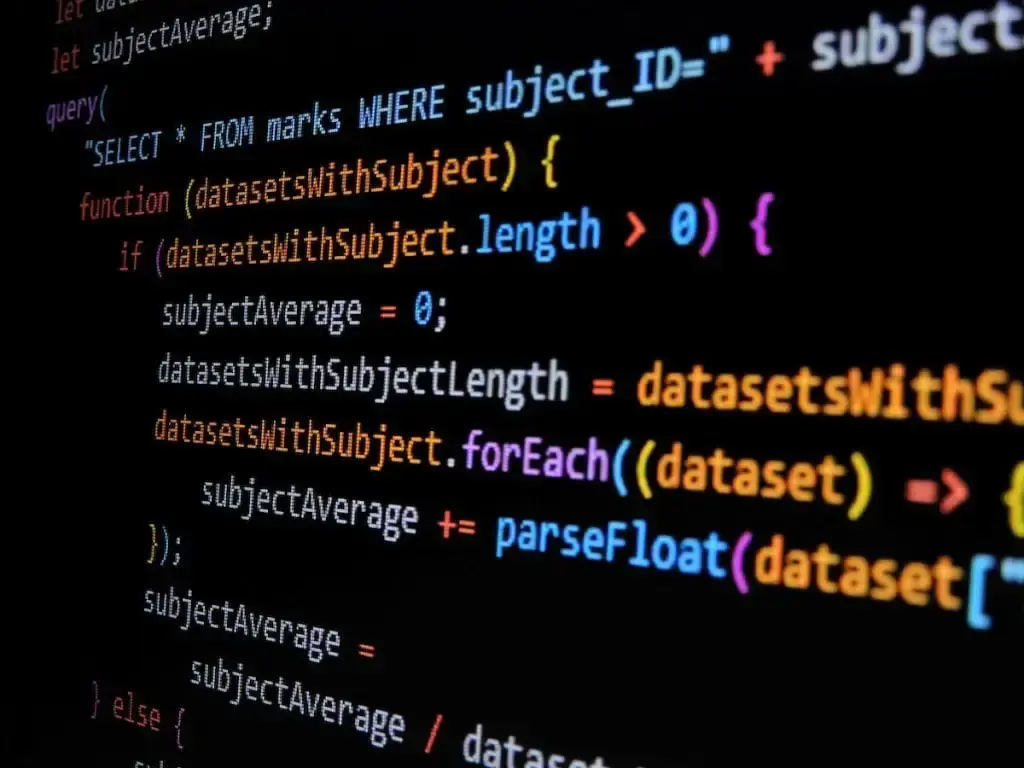I think we have to consider that the principles of the free software movement, revolutionary though they genuinely were, were also set in the same mindset that latterly saw its founder Richard Stallman spectacularly fall from grace. They are principles that deal in software development and licensing in strict isolation, outside of the social context of their use. They are code-centered, not human-centered.
(…)
It’s worth considering whose freedom we value. Do we value the freedom of the people who use software, or do we also value the freedom of the people the software is used on? While the latter group doesn’t always exist, when they do, how we consider them says a lot about us and our priorities.



Without a free OS the walled garden could well have been maintained. Same without an open browser the web would be nothing. I do not think that was inevitable.
Really only Unix and Windows were there and a crap MacOS with a nice UI. BSD and Linux paved the way to the cloud, Android, most of our routers, the web. Everything.
As far as software compared to the atomic bomb. I do not think it really compares.